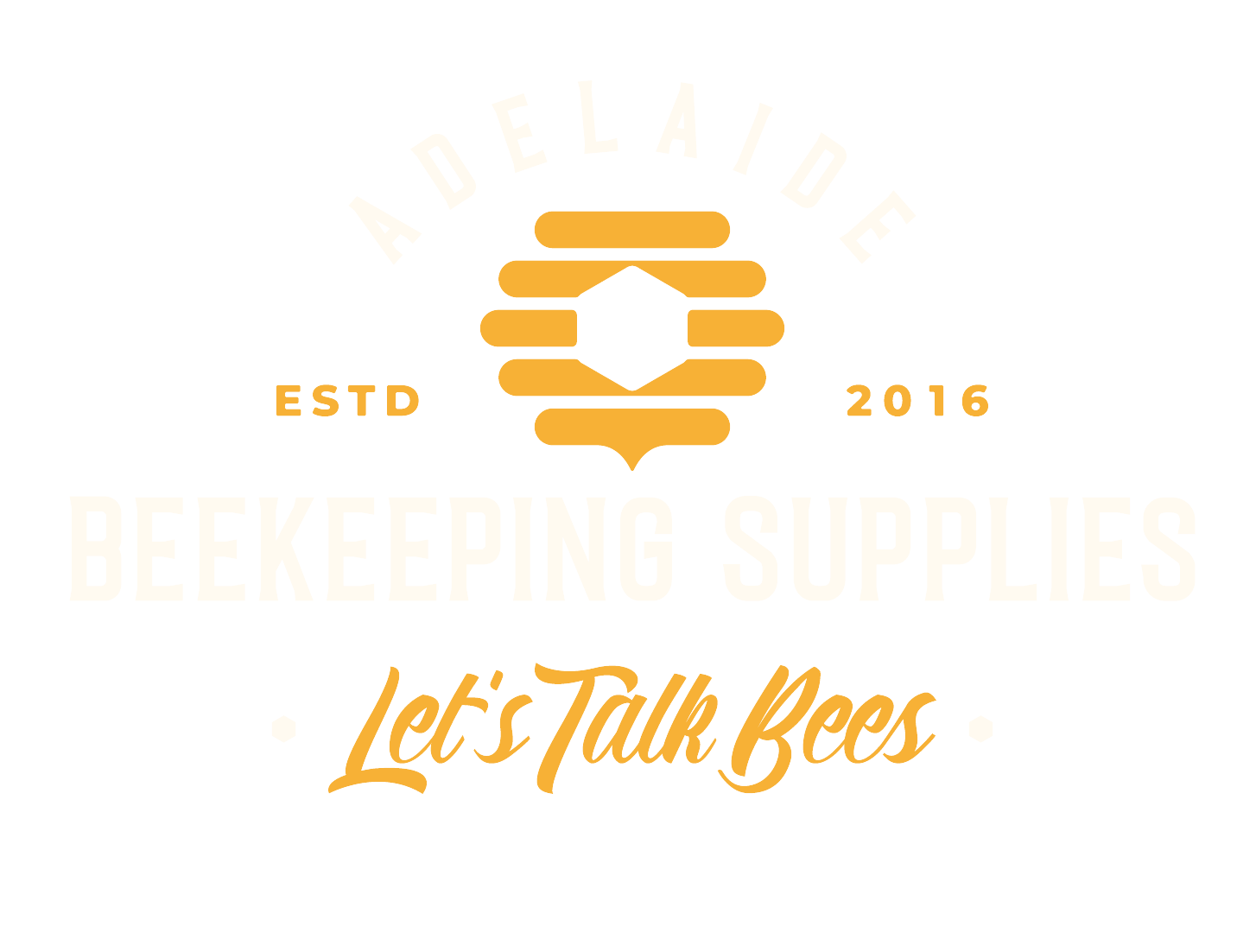ARE BEES FOR YOU?
People explore the prospect of keeping bees for a number of reasons. Honey lovers keep bees to experience the flavour of pure raw honey produced from their own hives. Gardeners looking for an increase in pollination of their vegie patch benefit from beehives in the back yard. Many more people are starting to keep bees for the simple reason that it is good for the environment. A fantastic way to start your journey is to get hold of the book "Bee Agskills" by Jennifer Laffan to find out more about what is involved. Another great resource is the Australian Beekeeping Guide. This is available as a free PDF download. Click the link below to discover the Tocal College video series on beekeeping.
REGISTRATION
Honeybees are livestock, so it is important to care for them in this way. Registering your hives with the relevant local government body is a requirement. In South Australia registration is now free for 4 or less hives and relatively inexpensive for apiaries with greater than 5 hives. Click on the PIRSA logo to go to the beekeeper registration page.
BIOSECURITY
"Honey bee biosecurity is a set of measures designed to protect a beekeeper’s honey bees from the entry and spread of pests. Honey bee biosecurity is the responsibility of every beekeeper and every person visiting or working in an apiary." - beeaware.org.au
In addition to state legislation, key points from the nationally endorsed Australian Honey Bee Industry Biosecurity Code of Practice include the following requirements for ALL beekeepers:
1. Beekeepers must be registered
2. Beekeepers must report notifiable diseases
3. Hives must be regularly inspected for pests and diseases
4. Beekeepers must control or eradicate pests and diseases and must manage weak hives
5. Beekeepers must maintain records of biosecurity-related actions and observations
6. Hives (including swarm catch boxes) must be appropriately constructed and branded
7. Beekeepers must not allow hives, or appliances to become exposed or neglected
8. Beekeepers must allow their operation to be assessed
9. Beekeepers must demonstrate a minimum level of knowledge of pest and disease identification and management
There are additional requirements for beekeepers with 50 hives or more. Click the picture above left for more info.
The BeeAware website and the Biosecurity Manual for Beekeepers provide a comprehensive collection of information on how to keep your bees healthy.
Click below to view the current South Australian Livestock regulations. State legislation takes precedence over the Code, however the Code is complementary to it.
Click picture below for information on the Biosecurity for Beekeepers course







